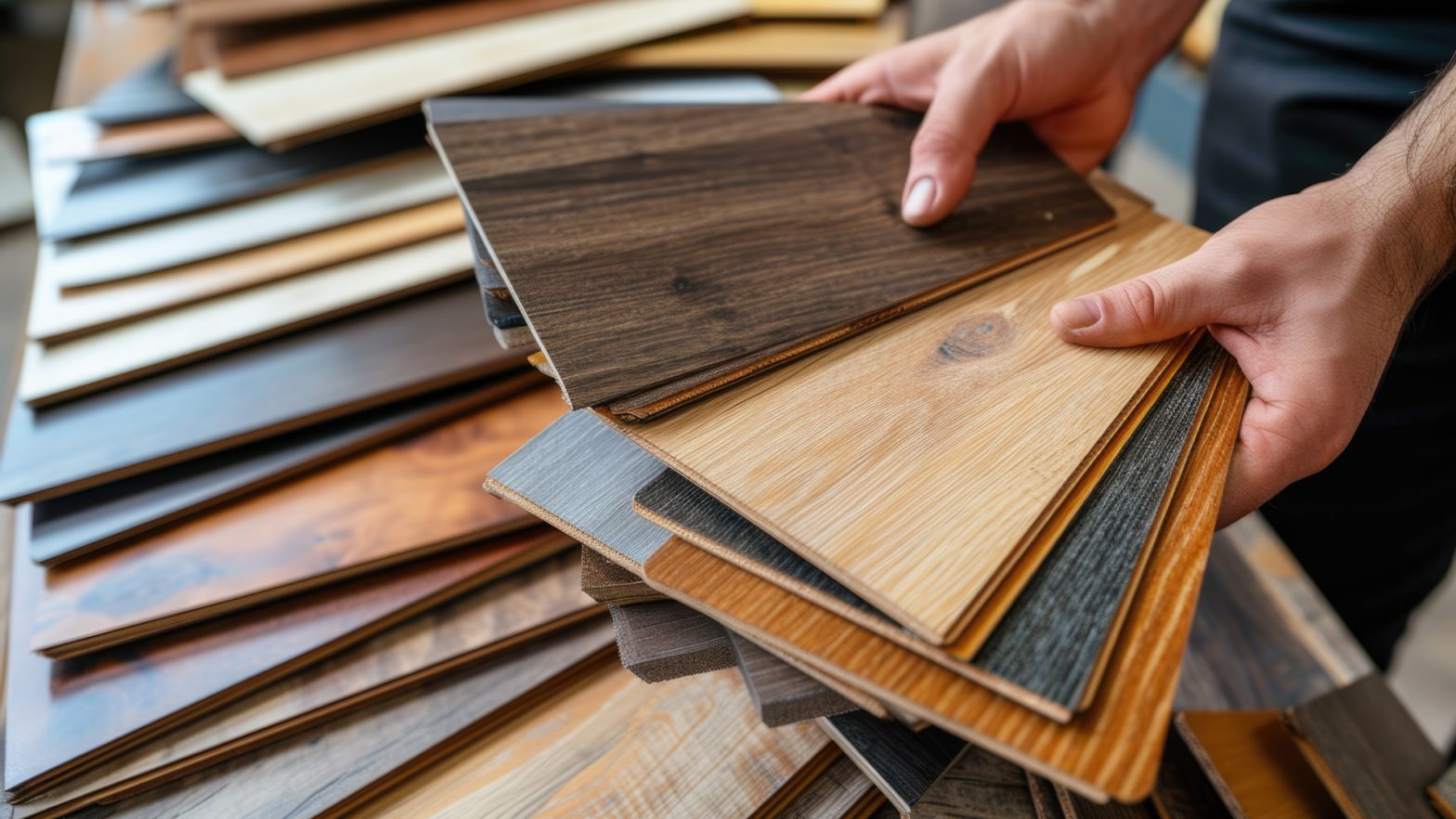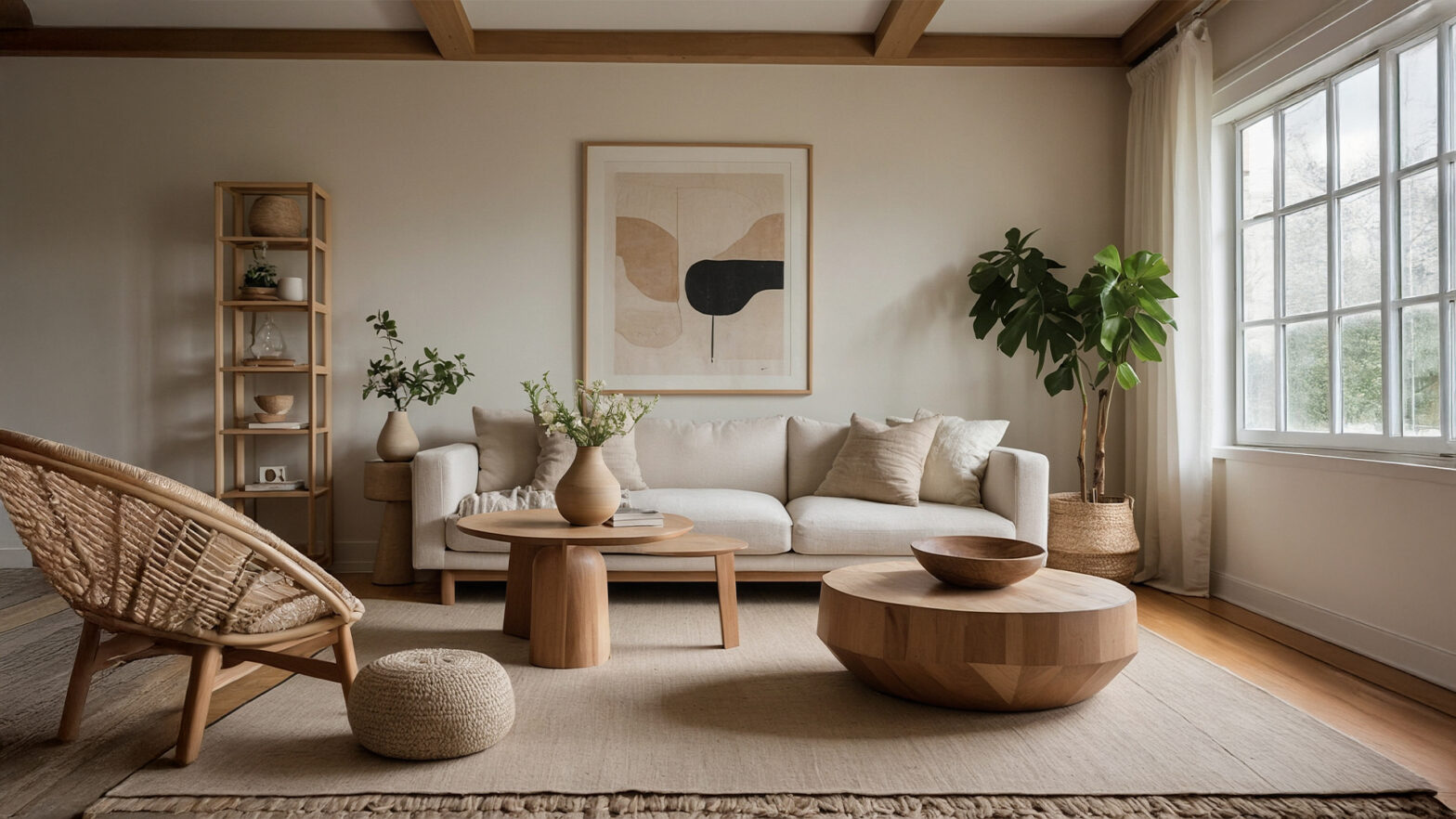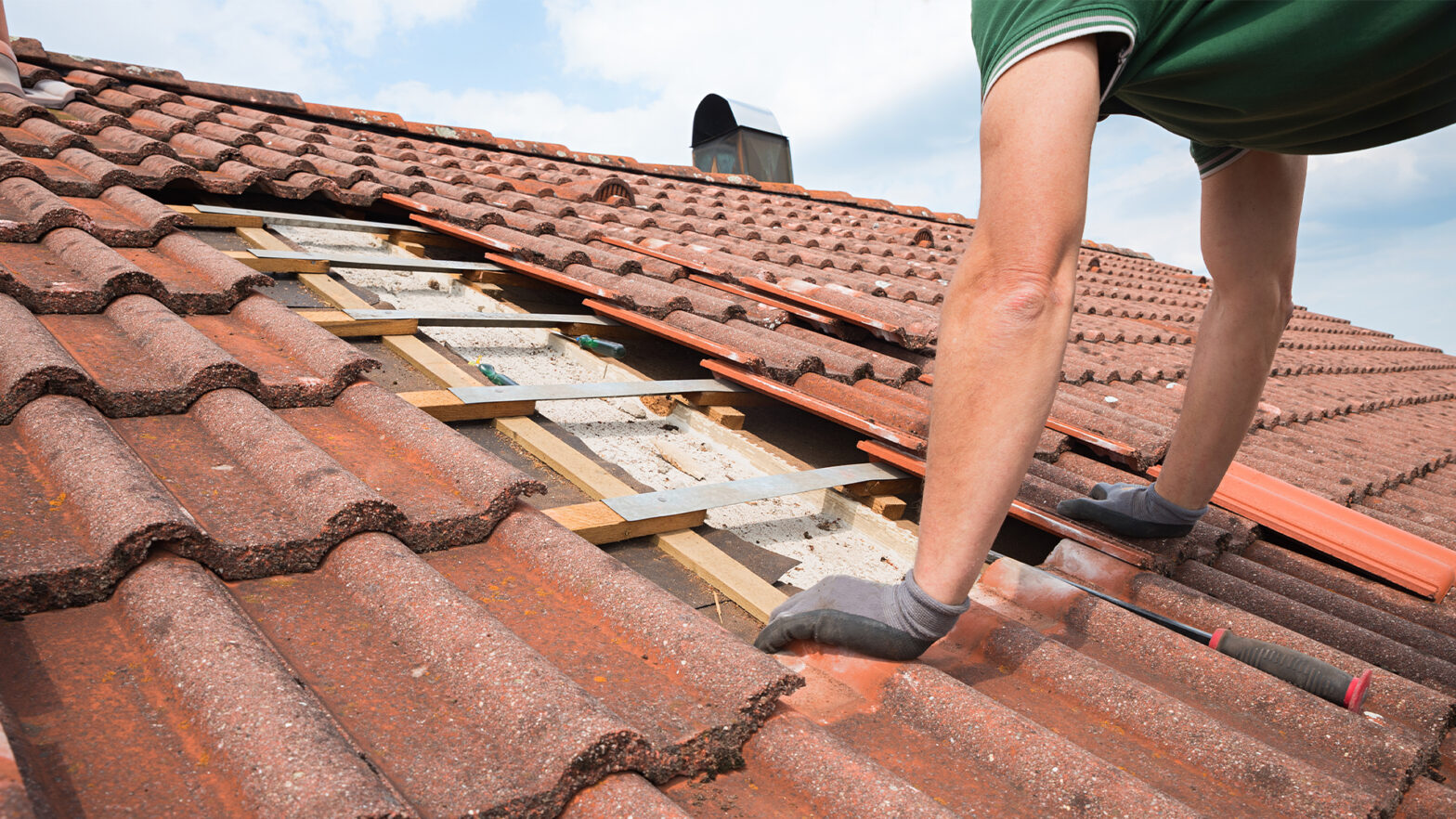
Wood is a material that is so versatile that it makes it perfect for DIY projects throughout your home. Plus, it’s hard to beat the natural and homely look it offers.
Logs Direct, experts in kiln-dried hardwood for stoves and burners, have explained why knowing your wood is important for building.
Does the type of wood matter?
In short, yes. The type of wood you choose for your project significantly impacts the outcome. Aesthetically, each wood is different, from its colour to the grain pattern, which occurs naturally. If you’re thinking of staining or polishing the wood for a more pronounced finish, the colour can significantly change after the polish is applied.
Strength is another factor to consider when selecting wood. Some types of wood are naturally stronger and more durable than others, meaning they last longer and are more resistant to damage. This can, in turn, make them harder to manipulate during the building phase. Moisture resistance, rotting, and infestations are also important when choosing as if it’s a project that you intend to be outside, you want one that can withstand the elements.
A consideration you may not have had is the levels of allergens between different types of wood. Individuals with hay fever can be extra sensitive to the sawdust created during DIY projects, and some types of wood can even be mildly harmful. Cedarwood is a good example, as sawdust can be a mild irritant to the eyes, nose, and throat.
Hardwood vs Softwood – finding the right type of wood
Hardwood – durable and reliable
If you’re looking for a material that’s strong and durable, hardwoods like oak, maple, and mahogany are the way to go. They’re most used in furniture and flooring due to their density being able to withstand heavy loads.
The strength they offer, along with hardwood trees having slower growth rates, often means that they can be more expensive, but their durability means that they’re likely to last much longer than softwood projects.
Softwood – more cost-effective
Compared to hardwoods, softwood trees such as coniferous or evergreens grow much quicker and are easier to cut down. This means they’re often more cost-effective for projects thanks to their affordability, meaning you can scale the amount of material you buy at the initial purchase. This means that no matter how big or small a DIY project is, you can guarantee that you’ll be able to supply yourself with enough wood for it.
Choosing the right species – when does it matter?
The wood selection also doesn’t just come down to whether you need hardwood or softwood, as sometimes it can be important to choose the right wood species. This is because each species has a unique appearance, durability, and sustainability that needs to be considered.
For interior projects where aesthetics play a crucial role, think about the colour and grain pattern of the wood. For instance, if you desire a warm, rustic look, opt for knotty pine or cedar. For a more contemporary feel, select a species with a sleek, uniform grain like maple or ash.
When it comes to sustainability, it’s essential to choose wood from responsibly managed forests or seek out certified options such as FSC (Forest Stewardship Council) or PEFC (Programme for the Endorsement of Forest Certification) approved timber. This ensures that your DIY project is environmentally friendly and contributes to the conservation of forests worldwide.
The wood you select will come down to the project you set yourself away with. As for projects requiring sturdier wood, it will be a different selection if you want to make a small wooden trinket. Being able to distinguish between the various species and styles will make a world of difference.






























